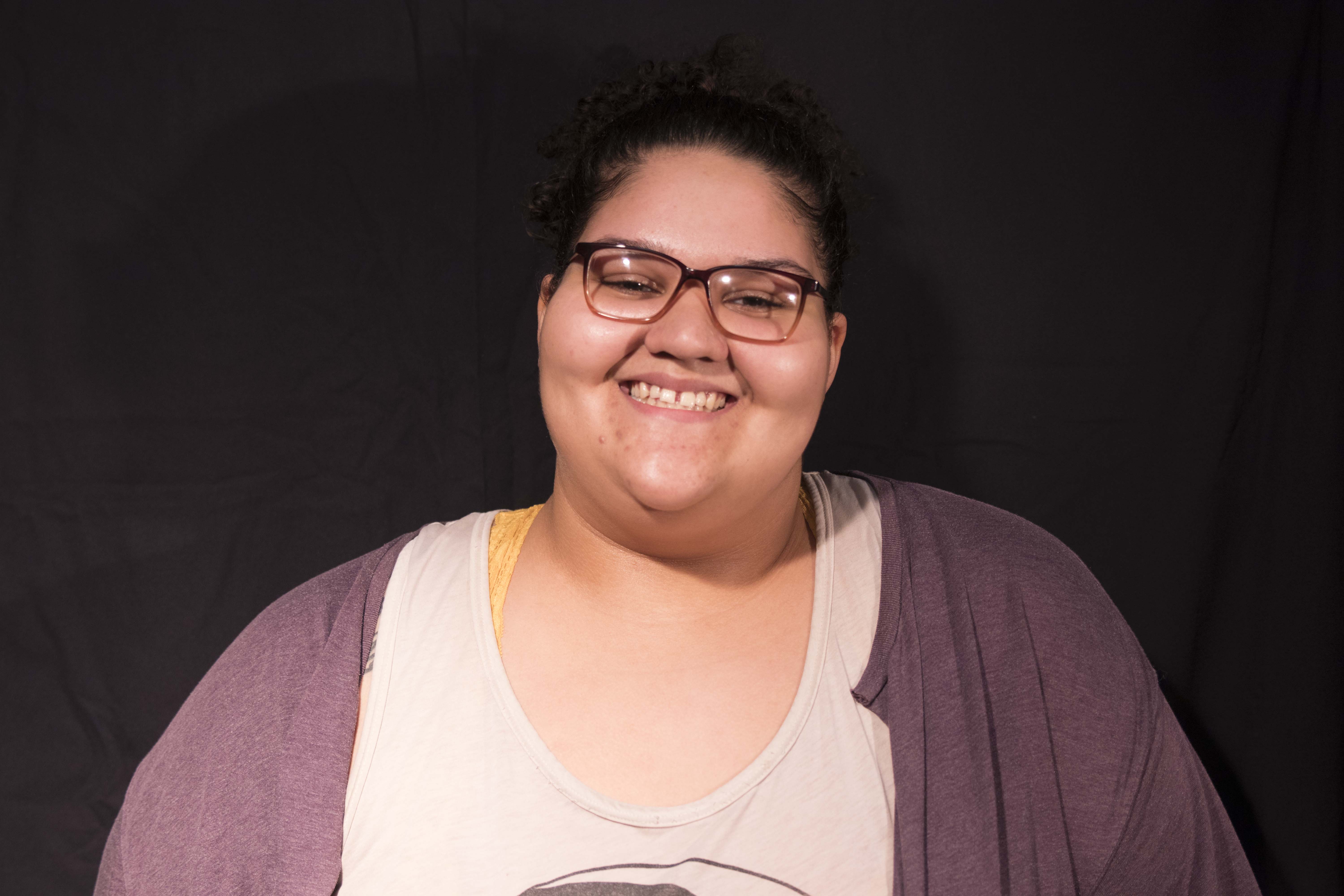
COVID-19 in communities of color
It’s no secret in black and brown communities, or to people external to those communities who are paying attention, the saying is true – when white people catch a cold, brown people get the flu.
Translated, this statement speaks to the fact that while economic downturn and changes in public health can mean severe suffering for white people, for brown people it more often means total ruin.
The continued prevalence of poorer health outcomes in brown communities speaks volumes; the quality of healthcare you receive in the United States depends on who you are, something that was already abundantly clear in a pre-COVID-19 United States.
According to the Center for American Progress, the overall mortality rate of Black and Native American infants is double that of white infants. Black people are 50 percent less likely to receive mental health care than their white counterparts. White women are more likely to get breast cancer but brown women are more likely to die from it.
Now, amidst a worldwide pandemic, this disparity in successful care becomes even more pressing as data begins to surface of brown people in the United States dying of COVID-19 at higher rates than whites.
Dr. Jerome Adams, the U.S. surgeon general, confirmed at a recent White House briefing that there is no scientific basis to indicate that brown people are, “biologically or genetically predisposed to get COVID-19.”
Despite this fact, the numbers are staggering.
In Chicago, 70 percent of recorded COVID-19 deaths have been black people, despite them making up less than 30 percent of the city’s population. New York City officials have released data indicating Black and Latinx residents are dying at twice the rate of white residents. Blacks make up 32 percent of the population of Louisiana but have accounted for over 70 percent of the state’s COVID-19 deaths.
These numbers are only recently being made public and the CDC didn’t offer any COVID-19 data classified by race or ethnicity until April 14 after pressure from Democratic lawmakers.
There is a clear problem here. Our healthcare system is continuously failing brown people and it stands to reason the numbers confirming this fact will only rise.
buy zoloft online langleyrx.com/zoloft.html no prescription
Everyone, regardless of social or racial background, is deserving of high-quality healthcare. The notion that this is somehow unclear is a national crisis and therefore the entire nation’s job to counteract.
Advocate for those you see being left behind by our healthcare system. Check-in with members of at-risk communities and do what you can to ensure resources are equally divided. Demand more from our governmental leadership.
As the pandemic continues, and unity-despite-distance campaigns such as #AloneTogether light up social media, it’s critical to remember we’re not together if we’re leaving members of our national community truly alone.
